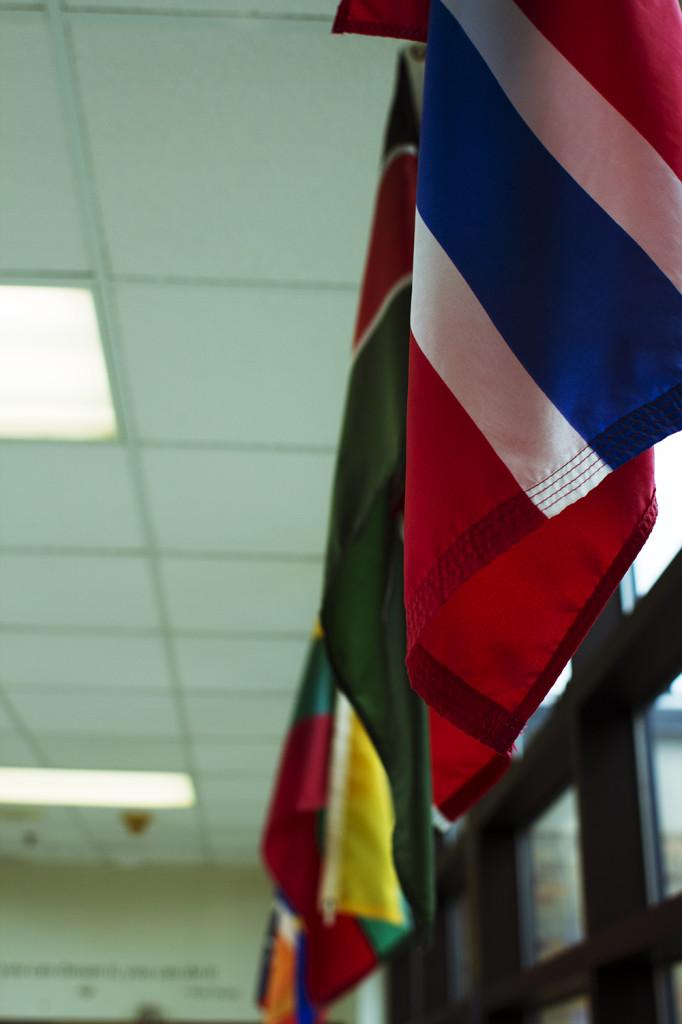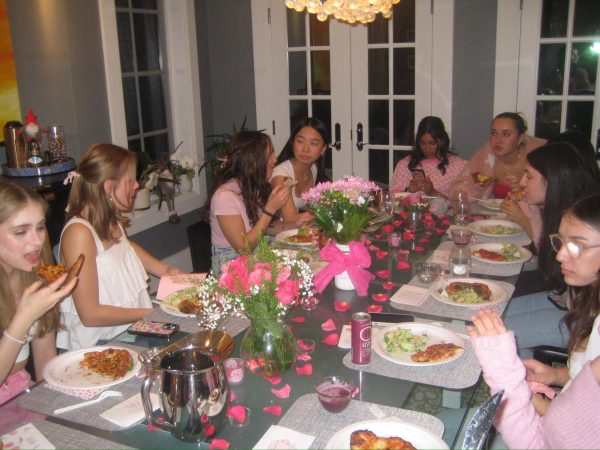Foreign exchange students culture shocked
Julius Prisett, junior, doesn’t attend high school just for academic reasons. He attends to learn about American culture and the English language.
Prisett is among a group of exchange students attending Central from foreign countries. “I wanted to know what it is like to live in another country,” Prisett said about his motives to live in America. “And because of the food.” He also hopes to improve his English skills.
Prisett came through exchange program called Rotary Youth Exchange Program, and he also stays with an American host family.
“It is very strange and weird, but if you live there for a few weeks, it begins to be normal,” Prisett said about living with his host family.
Differences between high schools in Germany and Central include the number of students. “My school has only about 700 to 800 students, so nearly 2,000 less,” Prisett said. “We don’t have [as] many classes to choose.”
The schedule at Prisett’s school in Germany is also much different. “In Germany, we have an every other day schedule,” he said. “Sometimes we have free periods, where we can go home, go downtown, or stay at school. The lunchtime in my school is one hour.”
Prisett also notes classroom behavior differences between Germany and America. Classes in Germany are not as calm or as composed as those here.
“There are some people who are running through the classroom, shouting, so it is more chaotic,” Prisett said, “Classes here are more disciplined. Everybody sits down and waits [before class begins].”
Students from other countries also study here, like junior Moka Fujii, an exchange student from Japan. She also came through a foreign exchange program.
“The exchange student company is AFS,” Fujii said. Through the AFS, or American Field Service, Fujii will be staying with an American host family for a year.
“I am interested in learning English, and I decided to come here last year,” Fujii said, “I studied English for a year.”
Adapting to an English-speaking culture can still be challenging, according to Fujii. “I think [the classes] are easy, but I can’t understand the English, so it’s very hard for me.”
The schedule was also very different for Fujii. “We don’t have to move class to class, so the teacher comes to the room. In Japan, we have ten minutes class to class. We don’t move, but we have that time,” she said. “It was very confusing the first day [at Central].”
Over the course of this school year, both Prisett and Fujii hope to learn about the culture in America. They also hope to improve their English skills and be able to use them later on in life.













